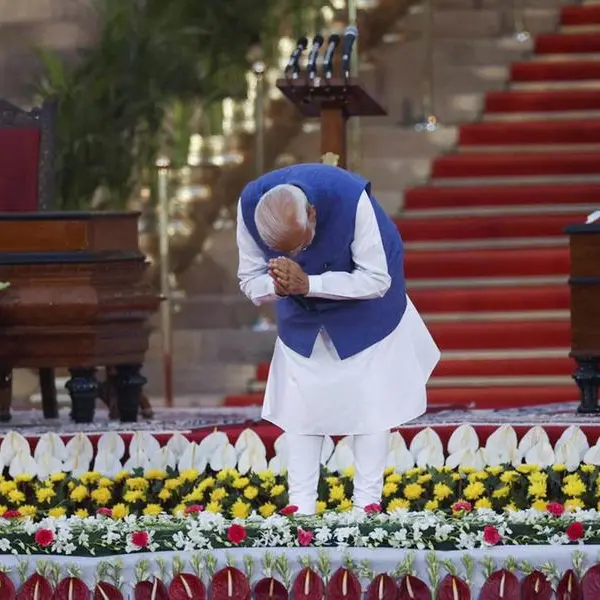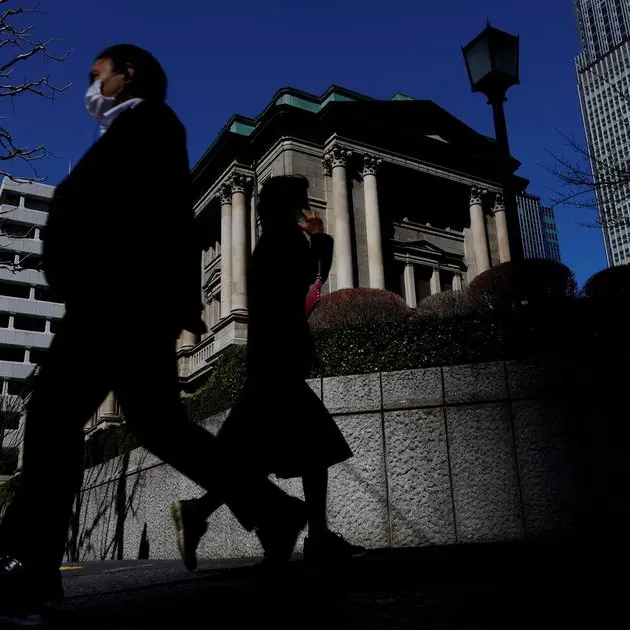PHOTO
Two coups in less than a month in Niger and Gabon reflect the political changes that the world is witnessing in the transition towards multipolarity.
Niger and Gabon are the latest countries to experience military coups, following Mali, Chad, Guinea, and Burkina Faso in the past three years. Burkina Faso even experienced two coups in one year.
Despite international condemnation and sanctions, the coups continue. Niger’s coup was the seventh in two and a half years in Africa, and it overthrew an elected president. The decisions taken by regional blocs and Niamey’s external allies, led by France, which suspended its aid to Niger, have not deterred the coup plotters.
There is a common link between most of the African countries that have experienced recent coups: they were all former French colonies. These countries gained their independence nominally, and extremist movements remain in them as an excuse for foreign intervention. These interventions began with France in the Barkhane military operation in 2013 and ended with the Russians’ almost complete dominance over those countries through the Wagner Group.
The punitive measures approved by regional organizations such as the Economic Community of West African States (ECOWAS) against the coup plotters, such as the decision to freeze Burkina Faso’s membership following the coup, have not constituted a strong deterrent message to the new rulers of Africa.
One of the major problems facing former colonial countries, such as France and its colonies, is their lack of interest in developing these countries. Instead, they focus on benefiting from their natural resources, such as gold, mines, and oil, and sometimes encourage military coups that serve their interests. There is also a new wave of coups that are directed towards China and Russia, as they are considered less expensive than the West, due to their non-interference principle in the affairs of small countries, politically or otherwise.
Military coups are common in Africa due to various factors and challenges facing the continent. Among the possible reasons, many of these countries suffer from political instability and weak governance institutions. Some governments are characterized by corruption and human rights violations and lack transparency and accountability. These circumstances may lead to the escalation of tensions and protests, and encourage some military elements to resort to coups.
Moreover, ongoing ethnic and national conflicts can lead to the disintegration of the state and a decline in stability, opening the door to military intervention and coups. Additionally, external interference plays a role in some military coups in Africa. Other countries may have political or economic agendas in African countries and use military elements as a means to achieve those agendas.
However, we must note that these factors are not fixed rules, and not all African countries experience military coups. There are countries on the continent that have achieved political and democratic stability and relative economic development. Stability depends on several factors, including strengthening democratic institutions, promoting dialogue, peaceful conflict resolution, and achieving comprehensive development.
Botswana is one of these African countries that is politically stable and democratic and enjoys sustainable economic growth and development in general. Ghana is also one of the successful models of democracy in Africa, as it has witnessed peaceful transfers of power and achieved relative economic progress, as well as other countries such as Rwanda and Senegal.
But the most crucial element always remains the role of mining and oil companies, which represent the greatest and most dangerous influence on African economies and may have an impact on politics and stability in some cases. Mining and oil companies are among the largest investors in economic sectors in some African countries.
The African economy possesses enormous natural resources such as oil, gas, and precious metals. International companies in the mining and oil sector are often responsible for extracting and marketing these resources. These companies may face criticism for not distributing wealth fairly and not sharing the economic benefits with local communities.
Therefore, control over important oil or mineral resources can sometimes lead to conflicts and armed confrontations. Armed factions and groups compete to control these resources and exploit them for their personal interests, leading to coups and political violence. In contrast, these countries rely heavily on natural resource revenues to finance their development and government programs. If there are international companies operating in these sectors, their dealings and influence on local governments can affect political stability.
Also, some mining companies and oil companies may engage in illegal activities or corruption, such as paying bribes to government officials to obtain licenses or protect their interests. This political bias and corruption may deteriorate political stability and exacerbate unrest.
Some foreign countries may exploit the economic interests of mining and oil companies to enhance their political influence in African countries. Consequently, illegal external interference leads to threatened political stability and the escalation of conflicts.
Despite the richness of the African continent, with its huge natural resources, which represent the mainstay of important industries in Europe, the United States, and China, the continent’s population of about 1.4 billion people has not known any political, security, or economic stability. According to most statistics, more than 55% of the population of the African continent lives below the poverty line. Therefore, the wave of military coups is not likely to decline, but on the contrary, it may witness a boom due to the political and economic collapse in many countries of the African continent.
Dr Hatem Sadek is a Professor at Helwan University
© 2022 Daily News Egypt. Provided by SyndiGate Media Inc. (Syndigate.info).





















